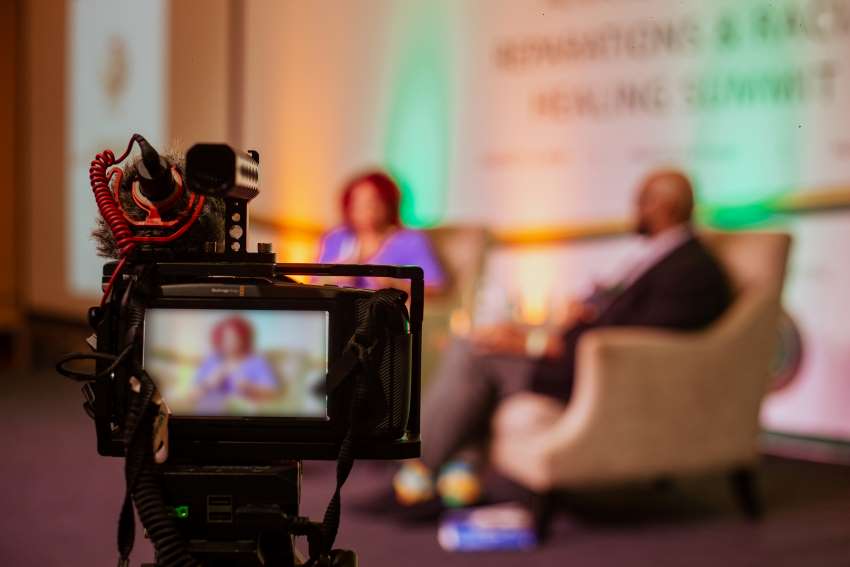IN RESPONSE to the various data captured in the Media and Arts section of the Black British Voice Survey, revealed last month, Emmanuel Anyiam-Osigwe MBE, says more effort should be poured into understanding the ‘sense of purpose at the heart’ of grass roots organisations which provide solutions as far as representation is concerned.’
Anyiam-Osigwe, the founder of the British Urban Film Festival, established in 2005, noted significant and positive changes had occurred, specifically in his area of vocation and expertise, TV and film, where representation and inclusion were concerned over the last decade, but had a collective effort been established many years prior, there remained every possibility that some of the gripes that have stifled that objective, needn’t have been experienced in the first place.
The percentage of survey respondents who felt the UK film industry was not adequately representative of Black people and cultures was significantly higher than in theatre or publishing, at 81 per cent.
Widespread disappointment in the inability of mainstream media, television, film, theatre and publishing to adequately promote Black talent or represent Black lives and experiences was compounded by frustration with those images of Black people which were popularly represented, such as those depicting Black people as victims rather than as survivors.

Giving the Voice Newspaper his thoughts, Anyiam-Osigwe wrote: “Back in early 2019, I had the distinction of running the London bureau of Channels Television news whose studios are a stone’s throw from BBC New Broadcasting House.
“I was tasked with the brief to attract key talent to the station, securing the likes of Joyce Ohajah and Juliana Olayinka.
“We also had people like Linda Egwuekwe and Wil Njobvu come through our doors with a view to developing new shows and establishing a footprint in the UK broadcast news market.
“It was a bold and refreshing outlook on how to re-imagine Black British culture which, with more time, would’ve revolutionised the broadcast landscape and made a lot of the comments that have been made in the survey largely redundant.
“A lot has changed in the four years since I was in the TV world and largely for the better in my opinion.
“Channel 4’s Black to Front was a timely reminder as to how Black people and culture could be represented fairly.
“We have shows like Sorry I Didn’t Know, still on the air (produced by Triforce Productions); we have film organisations such as the Windrush Caribbean Film Festival (WCFF) and We Are Parable, the latter of which recently celebrated 10 years in operation, showcasing Black film talent.
“And then you have BUFF, a BAFTA and BIFA accredited film festival (with its own film studio) now based in Yorkshire which this year, brought the story of David Oluwale to the big screen for the very first time. The festival will be 20 years old in 2025.

“Consistency and a sense of purpose lie at the heart of these organisations, providing a solution of sorts as to how the ceiling can be broken as far as representation in media and the arts is concerned.”
Download a copy of the British Black Voices Survey on our website
Calah Lane, star of Wonka, shares her experience on a festive classic and she has some magical ideas


Comments Form